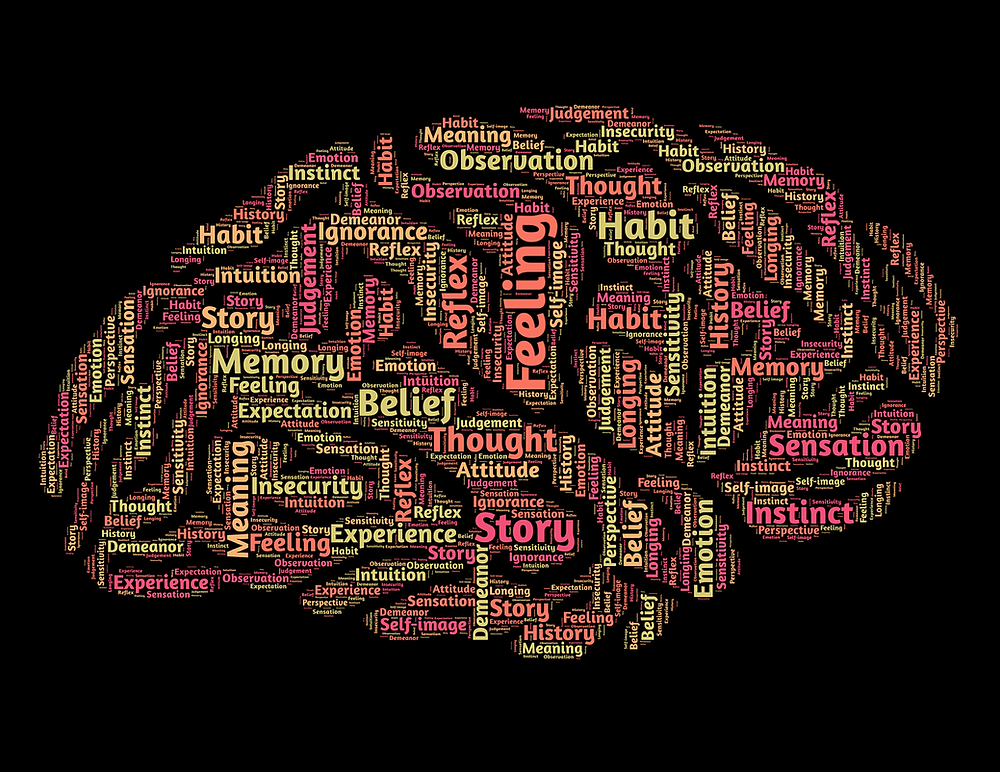Chris M
Well-Known Member
- Registriert
- 2. November 2014
- Beiträge
- 3.728
All these things are a shit-ton of issues to deal with- the social ineptitude, the compulsive clinginess, the rejection and ostracism from mainstream society, the painful biochemical imbalances and the nauseating trial and error of medicating are all heavy layers of pain that have sat on a vulnerable psyche that lives in agony by not being able to hold their weight but having to do so anyway. That's too much. And it has been way too fucking much for way too fucking long. So, I’m done. I'm sick of living this sad and sorry life I'm stuck in, so I want to be euthanized. And I know, that it would take a toll on my family if that were to happen. They’d fall into torment and despair, and they would struggle to come to terms with the fact that I’d be gone for good, and they would go through anger, sadness, and other painful emotions as they struggle to process my death. They would be angry that I left them, and they would be sad that all the good things that could have happened in my life never did. So yes, I acknowledge that it would have a negative impact on some people if I were to be euthanized. But what about me? And what about my dignity? This mental illness has caused me to experience more pain and suffering than I can cope with, and it’s been that way for years. I’ve been very disenfranchised by many people as it is because of my mental illness and the behavioral issues that surge from it for years, so why should any of those people have a say on whether or not I should live? Should I remain alive because other people think I should or because other people want me to despite the suffering I endure because of my mental illnesses? These people don't necessarily understand the suffering I'm going through, and they're not the ones having to deal with what I have to deal with! Living a life of torment that I do not want to live because other people want me to and because they only want to focus on the good in my life and diminish the bad that has made it so unbearable, does not sound like a very reasonable gamble to me. It does not sound very considerate of me or my dignity, and it is old-fashioned thinking altogether- like the times when a person had a career path, or a spouse chosen for them by their parents or someone of "higher" authority. This is the 21st century now- an age of self-determination! So, if I am to be alive, it should be because I want to and because I feel glad and comfortable in doing so.”
Most clinicians would draw the conclusion that Marie, in this particular instance, is lacking in clarity of thought because she is expressing death wishes. However, it is an obvious fact that a person who is truly incapable of thinking clearly cannot put two and two together. They wouldn’t be able to make sense of complex situations or to explain them in the way that Marie does here. She does this with profound clarity of thought and clarity of understanding of her situation, her role in it, the roles of others, and she demonstrates a clear understanding of what she would need to do to recover and the roadblocks she has endured for this recovery to take place. She also has a clear understanding of the implications of her actions on other people. This instance of clarity of thought in the midst of profound psychological distress gives way to an often-overlooked fact in the treatment of mental illness:
Not everyone with mental illness who expresses death wishes is lacking in clarity of thought.
To assume that Marie is “lacking in clarity of thought” for expressing death wishes in the circumstances that she is in and to deny her a euthanasia procedure on those grounds denotes an inadequate understanding and poor insight into the issues at play in people with mental illness who express death wishes in general, often ignoring the fact that intense pain, rather than an inability to think clearly, is the driving force behind many instances where the mentally ill express death wishes. Furthermore, because the #1 priority of many anti-euthanasia clinicians and world governments is to preserve the lives of the mentally ill who wish to be euthanized (even if it is against their will), it is fair to say that their use of the “Lack of Clarity of Thought” argument to discourage the death wishes that someone with mental illness expresses (in instances where emotional pain is the cause of said wishes) is a gaslighting strategy to coax them (and sometimes coerce them) into living- especially when one considers the zealous nature of their life-preservationist agenda, which deems “life” the only valid choice for the death-wishing mentally ill individuals that they oppress. This, in turn, involves a variety of ethical issues, as listed below...

 euthanasiamentally.wixsite.com
-----------------------------------------------------------------------------------------------------------
euthanasiamentally.wixsite.com
-----------------------------------------------------------------------------------------------------------
Most clinicians would draw the conclusion that Marie, in this particular instance, is lacking in clarity of thought because she is expressing death wishes. However, it is an obvious fact that a person who is truly incapable of thinking clearly cannot put two and two together. They wouldn’t be able to make sense of complex situations or to explain them in the way that Marie does here. She does this with profound clarity of thought and clarity of understanding of her situation, her role in it, the roles of others, and she demonstrates a clear understanding of what she would need to do to recover and the roadblocks she has endured for this recovery to take place. She also has a clear understanding of the implications of her actions on other people. This instance of clarity of thought in the midst of profound psychological distress gives way to an often-overlooked fact in the treatment of mental illness:
Not everyone with mental illness who expresses death wishes is lacking in clarity of thought.
To assume that Marie is “lacking in clarity of thought” for expressing death wishes in the circumstances that she is in and to deny her a euthanasia procedure on those grounds denotes an inadequate understanding and poor insight into the issues at play in people with mental illness who express death wishes in general, often ignoring the fact that intense pain, rather than an inability to think clearly, is the driving force behind many instances where the mentally ill express death wishes. Furthermore, because the #1 priority of many anti-euthanasia clinicians and world governments is to preserve the lives of the mentally ill who wish to be euthanized (even if it is against their will), it is fair to say that their use of the “Lack of Clarity of Thought” argument to discourage the death wishes that someone with mental illness expresses (in instances where emotional pain is the cause of said wishes) is a gaslighting strategy to coax them (and sometimes coerce them) into living- especially when one considers the zealous nature of their life-preservationist agenda, which deems “life” the only valid choice for the death-wishing mentally ill individuals that they oppress. This, in turn, involves a variety of ethical issues, as listed below...

THE "LACK OF CLARITY OF THOUGHT" ARGUMENT
The basis of all opposition to euthanasia for the mentally ill in the field of medicine is the misguided assumption that the mentally ill who wish to be euthanized are always lacking in the clarity of thought needed to be able to make informed, rational decisions when they express wishes to be...
Zuletzt bearbeitet:
